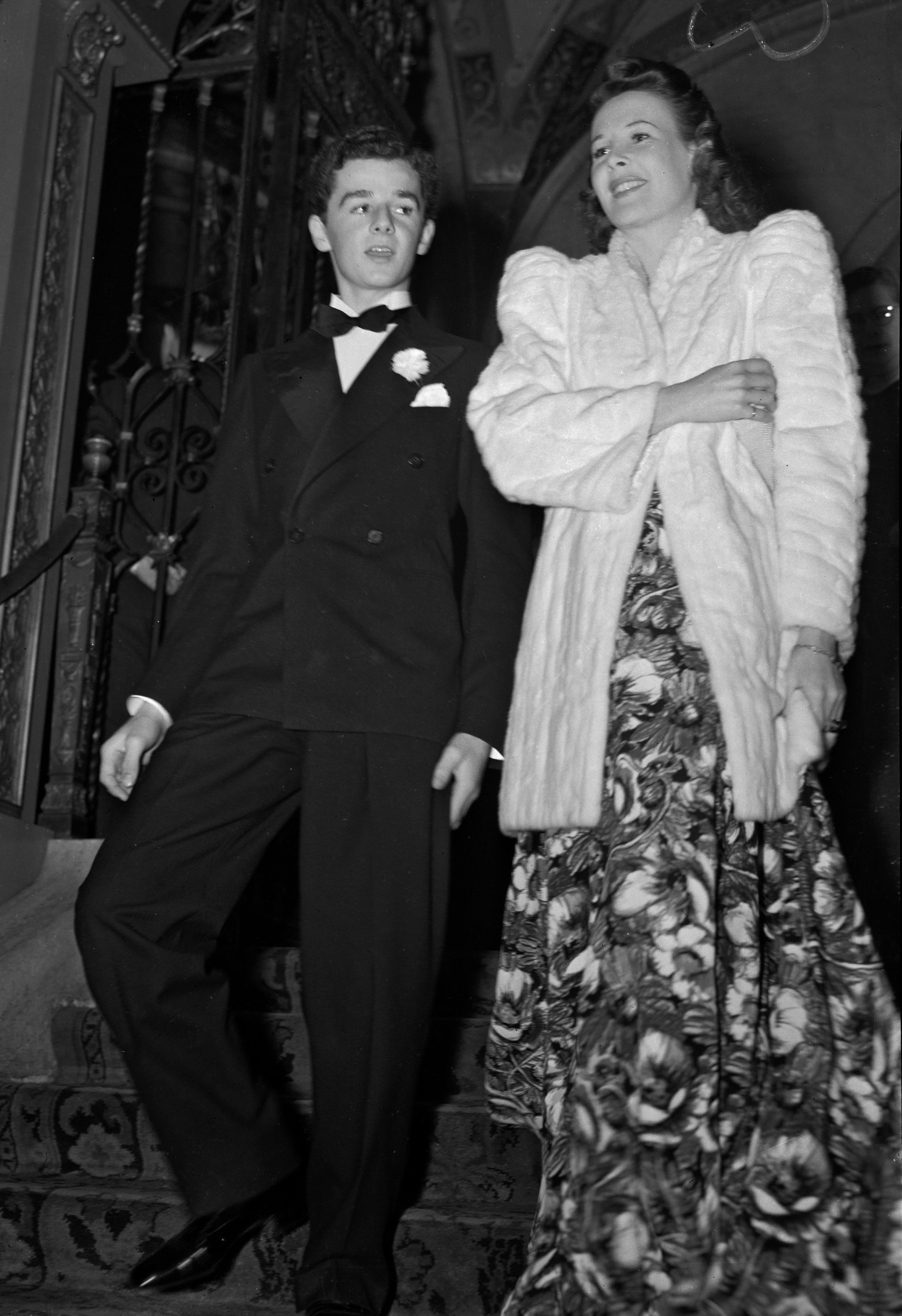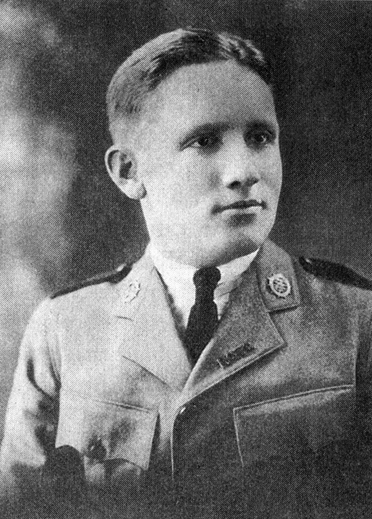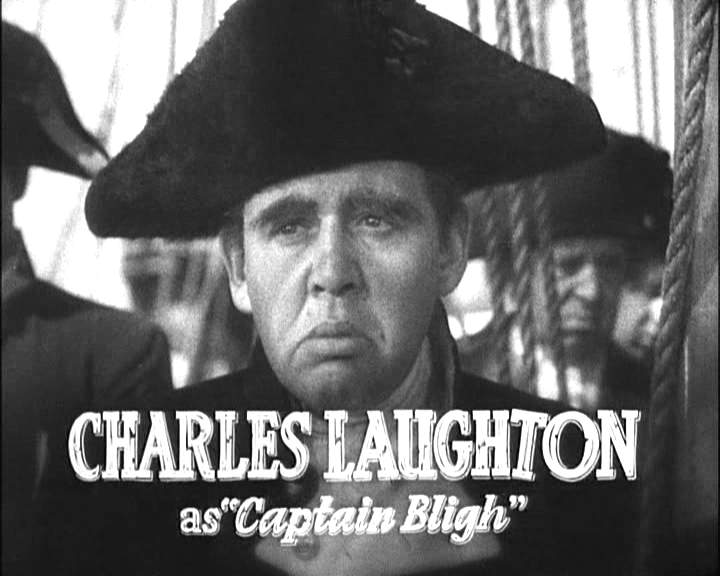|
Mother Goose Goes Hollywood
''Mother Goose Goes Hollywood'' is a 1938 animated short film produced by Walt Disney Productions and distributed by RKO Radio Pictures. The short was released on December 23, 1938. The film parodies several Mother Goose nursery rhymes using caricatures of popular Hollywood film stars of the 1930s. The film was directed by Wilfred Jackson and was the third-to-last ''Silly Symphony'' produced. Plot This cartoon short depicts a series of sketches showing popular Hollywood stars of the day acting out traditional nursery rhymes. Old King Cole is (Hugh Herbert) and his three fiddlers are (The Marx Brothers) and a special guest of Donald Duck. Rub-a-dub-dub is portrayed with Charles Laughton, Spencer Tracy and Freddie Bartholomew. W. C. Fields plays Humpty Dumpty with special guest Charlie McCarthy. Stan Laurel and Oliver Hardy play Simple Simon and the pieman. See Saw Margery Daw is performed by Edward G. Robinson and Greta Garbo on a seesaw. Eddie Cantor is Little Jack Horne ... [...More Info...] [...Related Items...] OR: [Wikipedia] [Google] [Baidu] |
Wilfred Jackson
Wilfred Jackson (January 24, 1906 – August 7, 1988) was an American animator, arranger, composer and director best known for his work on the ''Mickey Mouse'' and ''Silly Symphonies'' series of cartoons and the ''Night on Bald Mountain''/''Ave Maria'' segment of ''Fantasia'' from Walt Disney Productions. He was also instrumental in developing the system with which Disney added music and sound to ''Steamboat Willie'', the first ''Mickey Mouse'' cartoon. Several of the ''Silly Symphony'' shorts he directed, including ''The Old Mill'' (1937), won Academy Awards during the 1930s. Starting with ''Snow White and the Seven Dwarfs'' in 1937, he directed sequences in many of the major Disney animated features up to ''Lady and the Tramp'' in 1955, including all of the animated sequences in ''Song of the South'' (1946). He later moved into television, producing and directing for Disney's ''Disneyland'' series. After continuing health issues, he retired in 1961. Jackson died at age 82 in 19 ... [...More Info...] [...Related Items...] OR: [Wikipedia] [Google] [Baidu] |
Old King Cole
"Old King Cole" is a British nursery rhyme first attested in 1708. Though there is much speculation about the identity of King Cole, it is unlikely that he can be identified reliably as any historical figure. It has a Roud Folk Song Index number of 1164. The poem describes a merry king who called for his pipe, bowl, and musicians, with the details varying among versions. The "bowl" is a drinking vessel, while it is unclear whether the "pipe" is a musical instrument or a tobacco pipe. Lyrics The most common modern version of the rhyme is: Old King Cole was a merry old soul, And a merry old soul was he; He called for his pipe, and he called for his bowl, And he called for his fiddlers three. Every fiddler he had a fiddle, And a very fine fiddle had he; Oh, there's none so rare, as can compare, With King Cole and his fiddlers three. The song is first attested in William King's ''Useful Transactions in Philosophy'' in 1708–9.I. Opie and P. Opie, ''The Oxford Dictionary of N ... [...More Info...] [...Related Items...] OR: [Wikipedia] [Google] [Baidu] |
See Saw Margery Daw
"See Saw Margery Daw" is an English language nursery rhyme, folk song and playground singing game. The rhyme first appeared in its modern form in ''Mother Goose's Melody'', published in London in around 1765. It has a Roud Folk Song Index number of 13028. Lyrics and melody A common modern version is: :See Saw Margery Daw, :Jacky shall have a new master; :Jacky shall earn but a penny a day, :Because he can't work any faster.I. Opie and P. Opie, ''The Oxford Dictionary of Nursery Rhymes'' (Oxford University Press, 1951, 2nd edn., 1997), pp. 297-8. The name Jacky is often replaced with Johnny or Jack. The melody commonly associated with the rhyme was first recorded by the composer and nursery rhyme collector James William Elliott in his ''National Nursery Rhymes and Nursery Songs'' (1870).J. J. Fuld, ''The Book of World-Famous Music: Classical, Popular, and Folk'' (Courier Dover Publications, 5th edn., 2000), , p. 502. Meaning and origin The seesaw is one of the oldest 'rides ... [...More Info...] [...Related Items...] OR: [Wikipedia] [Google] [Baidu] |
Simple Simon (nursery Rhyme)
"Simple Simon" is an English language nursery rhyme. It has a Roud Folk Song Index number of 19777. Lyrics The rhyme is as follows; :Simple Simon met a pieman, :Going to the fair; :Says Simple Simon to the pieman, :”Let me taste your ware.” :Said the pieman unto Simon, :Show me first your penny; :Says Simple Simon to the pieman, :”Indeed I have not any.” :Simple Simon went a-fishing, :For to catch a whale; :All the water he had got, :Was in his mother's pail. :Simple Simon went to look :If plums grew on a thistle; :He pricked his fingers very much, :Which made poor Simon whistle.I. Opie and P. Opie, ''The Oxford Dictionary of Nursery Rhymes'' (Oxford University Press, 1951, 2nd edn., 1997), pp. 333-4. :He went for water in a sieve :But soon it all fell through :And now poor Simple Simon :Bids you all adieu! Origins The verses used today are the first of a longer chapbook history first published in 1764. The character of Simple Simon may have been in circulation mu ... [...More Info...] [...Related Items...] OR: [Wikipedia] [Google] [Baidu] |
Oliver Hardy
Oliver Norvell Hardy (born Norvell Hardy; January 18, 1892 – August 7, 1957) was an American comic actor and one half of Laurel and Hardy, the double act that began in the era of silent films and lasted from 1926 to 1957. He appeared with his comedy partner Stan Laurel in 107 short films, feature films, and cameo roles. He was credited with his first film, ''Outwitting Dad'', in 1914. In most of his silent films before joining producer Hal Roach, he was billed on screen as Babe Hardy. Early life and education Oliver Hardy was born Norvell Hardy in Harlem, Georgia. His father, Oliver, was a Confederate States Army veteran of the American Civil War who had been wounded at the Battle of Antietam on September 17, 1862, and was a recruiting officer for Company K, 16th Georgia Regiment. The elder Oliver Hardy assisted his father in running the remnants of the family's cotton plantation. He then bought a share in a retail business and was elected full-time Tax Collector for Columbia Co ... [...More Info...] [...Related Items...] OR: [Wikipedia] [Google] [Baidu] |
Stan Laurel
Stan Laurel (born Arthur Stanley Jefferson; 16 June 1890 – 23 February 1965) was an English comic actor, writer, and film director who was one half of the comedy double act, duo Laurel and Hardy. He appeared with his comedy partner Oliver Hardy in 107 short films, feature films, and cameo roles. Laurel began his career in music hall, where he developed a number of his standard comic devices, including the bowler hat, the deep comic gravity, and the nonsensical understatement. His performances polished his skills at pantomime and music hall sketches. He was a member of "Fred Karno's Army", where he was Charlie Chaplin's understudy.McCabe 2005, p. 143. Robson, 2005 Retrieved: 18 June 2012. He and Chaplin arrived in the United States on the same ship from the United Kingdom with the Karno troupe. Laurel began his film career in 1917 and made his final appearance in 1951. He appeared with his comic partner Oliver Hardy in the film short ''The Lucky Dog'' in 1921, although they di ... [...More Info...] [...Related Items...] OR: [Wikipedia] [Google] [Baidu] |
Charlie McCarthy
Charlie McCarthy is Edgar Bergen's famed ventriloquist dummy partner. Charlie was part of Bergen's act as early as high school, and by 1930, was attired in his famous top hat, tuxedo, and monocle. The character was so well-known that his popularity exceeded that of his performer, Bergen. Charlie's personality was that of a mischievous little boy (with an Irish lilt), who could wisecrack, misbehave, and flirt shamelessly in a way that Bergen couldn't (in much the same way that the Muppet characters could behave more outrageously than any of their human co-stars). Bergen's original McCarthy dummy was built by noted carpenter/dummy-maker Theodore Mack, and was later rebuilt by Frank Marshall. Charlie and Bergen made their radio debut on NBC's ''The Royal Gelatin Hour'' in 1936, where they proved such a hit that the following year the network gave them a starring role on ''The Chase and Sanborn Hour'', where they were initially supported by emcee Don Ameche, singer Nelson Eddy (a rol ... [...More Info...] [...Related Items...] OR: [Wikipedia] [Google] [Baidu] |
Humpty Dumpty
Humpty Dumpty is a character in an English nursery rhyme, probably originally a riddle and one of the best known in the English-speaking world. He is typically portrayed as an anthropomorphic egg, though he is not explicitly described as such. The first recorded versions of the rhyme date from late eighteenth-century England and the tune from 1870 in James William Elliott's ''National Nursery Rhymes and Nursery Songs''. Its origins are obscure, and several theories have been advanced to suggest original meanings. Humpty Dumpty was popularized in the United States on Broadway by actor George L. Fox in the pantomime musical ''Humpty Dumpty''. The show ran from 1868 to 1869, for a total of 483 performances, becoming the longest-running Broadway show until it was surpassed in 1881 by ''Hazel Kirke''. As a character and literary allusion, Humpty Dumpty has appeared or been referred to in many works of literature and popular culture, particularly English author Lewis Carroll's 1871 b ... [...More Info...] [...Related Items...] OR: [Wikipedia] [Google] [Baidu] |
Freddie Bartholomew
Frederick Cecil Bartholomew (March 28, 1924 – January 23, 1992), known for his acting work as Freddie Bartholomew, was an English-American child actor. One of the most famous child actors of all time, he became very popular in 1930s Hollywood films. His most famous starring roles are in ''Captains Courageous'' (1937) and ''Little Lord Fauntleroy'' (1936). He was born in London, and for the title role of MGM's ''David Copperfield'' (1935), he emigrated to the United States at the age of 10 in 1934, living there the rest of his life. Behlmer, Rudy (ed)''Memo from David O. Selznick''.Viking Press, 1972. p. 176. He became an American citizen in 1943 following World War II military service. Despite his great success and acclaim following ''David Copperfield'', his childhood film stardom was marred by nearly constant legal battles and payouts, which eventually took a huge toll on both his finances and his career. In adulthood, after World War II service, his film career dwindled r ... [...More Info...] [...Related Items...] OR: [Wikipedia] [Google] [Baidu] |
Spencer Tracy
Spencer Bonaventure Tracy (April 5, 1900 – June 10, 1967) was an American actor. He was known for his natural performing style and versatility. One of the major stars of Hollywood's Golden Age, Tracy was the first actor to win two consecutive Academy Awards for Best Actor from nine nominations. During his career, he appeared in 75 films and developed a reputation among his peers as one of the screen's greatest actors. In 1999, the American Film Institute ranked Tracy as the 9th greatest male star of Classic Hollywood Cinema. Tracy first discovered his talent for acting while attending Ripon College, and he later received a scholarship for the American Academy of Dramatic Arts. He spent seven years in the theatre, working in a succession of stock companies and intermittently on Broadway. His breakthrough came in 1930, when his lead performance in ''The Last Mile'' caught the attention of Hollywood. After a successful film debut in John Ford's ''Up the River'' (in ... [...More Info...] [...Related Items...] OR: [Wikipedia] [Google] [Baidu] |
Charles Laughton
Charles Laughton (1 July 1899 – 15 December 1962) was a British actor. He was trained in London at the Royal Academy of Dramatic Art and first appeared professionally on the stage in 1926. In 1927, he was cast in a play with his future wife Elsa Lanchester, with whom he lived and worked until his death. He played a wide range of classical and modern parts, making an impact in Shakespeare at the Old Vic. His film career took him to Broadway and then Hollywood, but he also collaborated with Alexander Korda on notable British films of the era, including ''The Private Life of Henry VIII'', for which he won the Academy Award for Best Actor for his portrayal of the title character. He portrayed everything from monsters and misfits to kings. Among Laughton's biggest film hits were ''The Barretts of Wimpole Street'', ''Mutiny on the Bounty'', ''Ruggles of Red Gap'', ''Jamaica Inn'', ''The Hunchback of Notre Dame'', ''The Big Clock'', and ''Witness for the Prosecution''. Daniel D ... [...More Info...] [...Related Items...] OR: [Wikipedia] [Google] [Baidu] |
Rub-a-dub-dub
"Rub-A-Dub-Dub" is an English language nursery rhyme first published at the end of the 18th century in volume two of Hook's ''Christmas Box'' under the title "Dub a dub dub" rather than "Rub a dub dub". It has a Roud Folk Song Index number of 3101. Lyrics This rhyme exists in many variations. Among those current today is: Rub-a-dub-dub, Three men in a tub, And who do you think they be? The butcher, the baker, the candlestick maker, And all of them out to sea. Origins and meaning The earliest versions of this rhyme published differ significantly in their wording. Dating back to the 14th century,Chris RobertsLibrarian at Lambeth College, London; interviewed on NPR in 2005/ref> the original rhyme makes reference to maids in a "tub" – a fairground attraction similar to a modern peep show. The rhyme is of a type calling out otherwise respectable people for disrespectable actions, in this case, ogling naked ladies – the maids. The nonsense "Rub-a-dub-dub" develops a phonetic ... [...More Info...] [...Related Items...] OR: [Wikipedia] [Google] [Baidu] |






